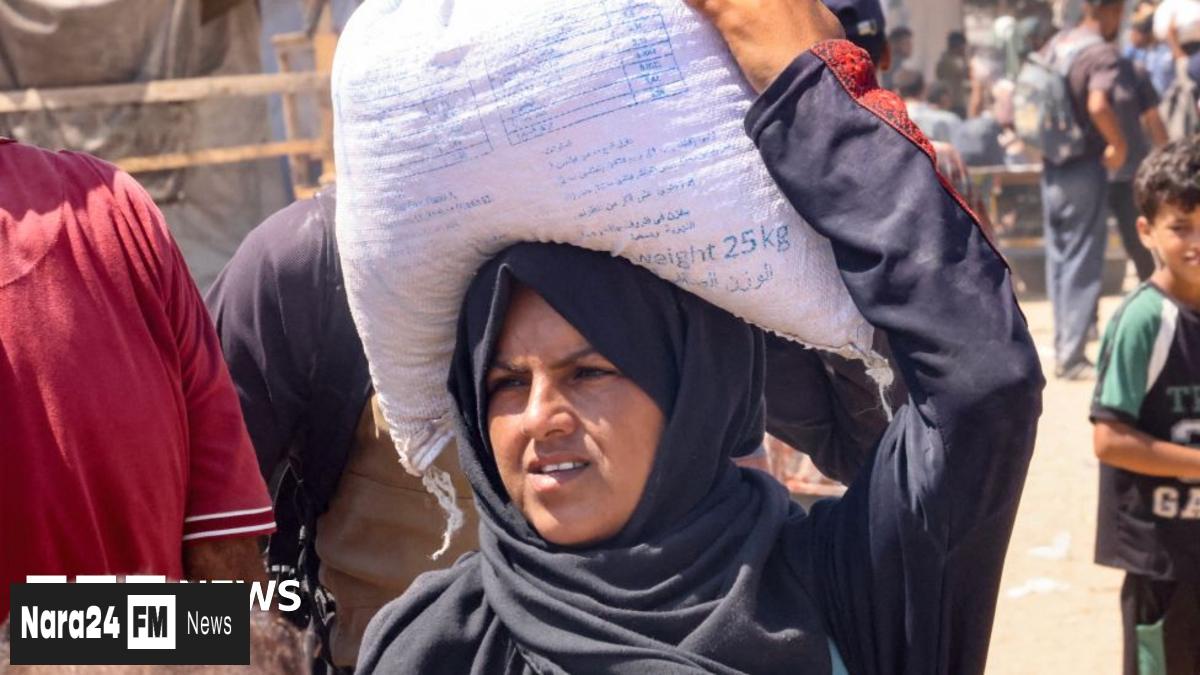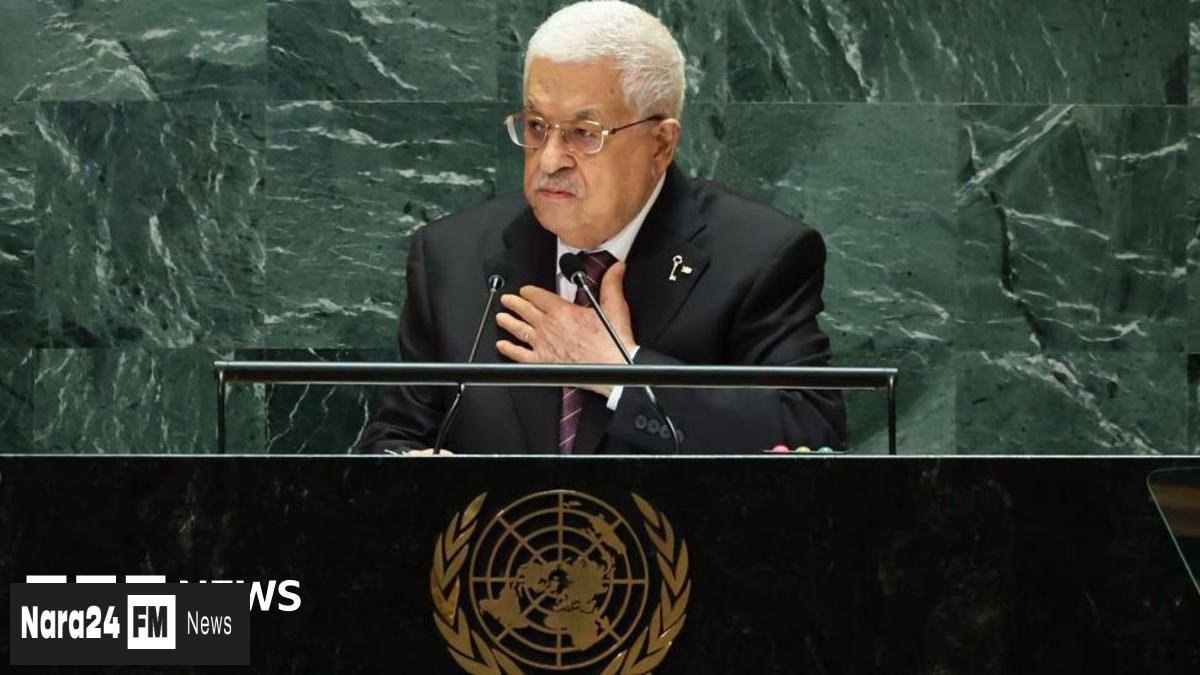Gaza residents have expressed a cautious mix of hope and apprehension following reports of a temporary humanitarian truce aimed at facilitating aid deliveries into the blockaded enclave. While the Israeli military announced the opening of corridors for food and medical convoys, many locals argue that such measures are insufficient to resolve the escalating humanitarian emergency, which has left over two million people facing severe shortages of essentials.
The decision comes after weeks of mounting international pressure and warnings of widespread starvation. However, aid organizations have criticized symbolic gestures like airdrops and limited convoys as inadequate. “One convoy or a few air drops won’t solve the problem,” said Rasha Al-Sheikh Khalil, a 39-year-old mother in Gaza City. “We need a real solution—an end to the war, not just temporary relief.”
Neveen Saleh, a mother of six, highlighted the grim reality of food scarcity: “We haven’t had fresh produce in four months. The available supplies are expired canned goods and flour, which isn’t enough.” The Hamas-run health ministry reported 133 deaths attributed to malnutrition since the conflict began, with most fatalities occurring in recent weeks. Israel has dismissed these claims as “false,” but medical professionals in Gaza warn that malnutrition is spreading, particularly among children and individuals with specialized dietary needs.
Rami Taha, a father in central Gaza, described the struggle of managing celiac disease in his family: “Before the war, we could access gluten-free products. Now, it’s impossible. We rely on hospital IVs just to survive.” Meanwhile, the UN and other aid groups have urged unrestricted access to ensure sustained support, as recent efforts to revive a broader ceasefire have stalled.
Despite the limited relief, skepticism persists. Ahmad Taha, a shopkeeper in northern Gaza, likened the aid to “painkillers for a cancer patient”—a temporary fix without addressing the root causes. With the conflict entering its second year, Gazans remain caught between fleeting optimism and a desperate plea for lasting peace.








Comments (0)
Leave a Comment
Be the first to comment on this article!